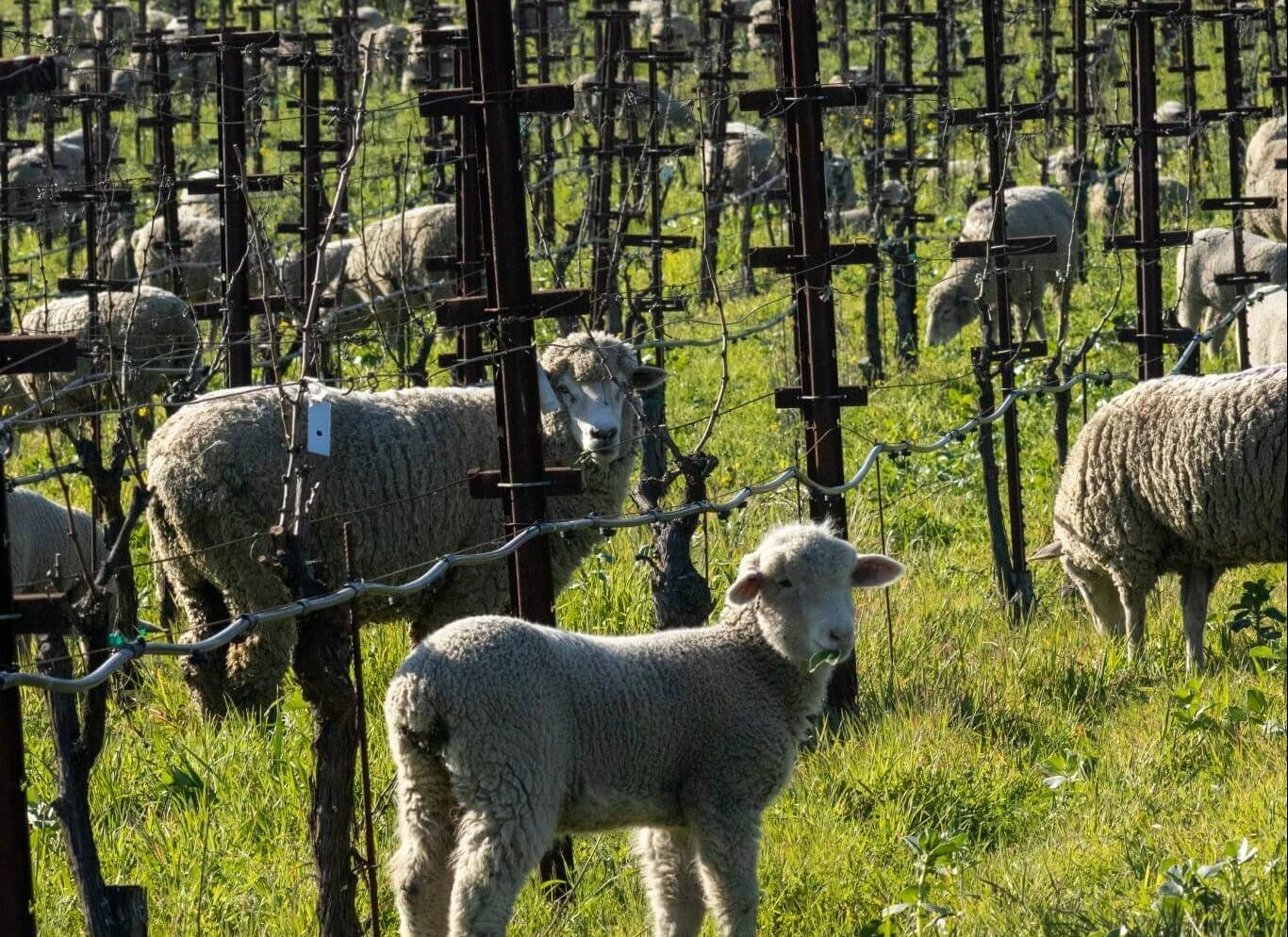Grgich Hills Estate, a California-based winery, has received the Regenerative Organic Certification from the Regenerative Organic Alliance (ROA), making it one of the few wineries in the world to receive this certification. The winery has been farming organically since 2000 and became Certified Organic in 2006. It has been practicing regenerative farming since 2019, which has helped it to achieve this certification. The principles of regenerative agriculture include reducing greenhouse gas emissions, promoting biodiversity conservation, conserving water, and supporting local food systems. The certification also addresses social fairness, including fair labor practices, community engagement, and support for farmers’ and workers’ economic and social well-being.
Ivo Jeramaz, Winemaker and Vice President of Vineyards and Production, are leading the way in regenerative agriculture at Grgich Hills Estate. He believes that providing medical care and a living wage are just a few examples of how the winery prioritizes the human aspect of its work. As an immigrant, Ivo understands the importance of treating laborers with dignity and respect. The winery is family-owned and operated. Its leadership team, led by Violet Grgich as President & CEO and Ivo Jeramaz as a leader in Regenerative Agriculture, is focused on bringing the winery into the future. This latest certification is a significant step forward for Grgich Hills Estate, and they are excited to continue their work in regenerative agriculture.
Regenerative Agriculture In Wine Production:
Regenerative agriculture is gaining popularity in wine production as winemakers recognize the benefits of this sustainable farming method. By promoting soil health, biodiversity, and carbon sequestration, regenerative agriculture can improve the quality of wine while reducing its environmental impact. This farming method covers crops, reduces tillage, and implements crop rotation to improve soil health and prevent erosion. Additionally, it involves planting diverse crops to promote biodiversity and reduce the need for pesticides.
One example is the Regenerative Organic Certification (ROC) program, launched in 2018 by the Regenerative Organic Alliance. The program provides a certification framework for regenerative agriculture practices, including viticulture, and has been adopted by several wineries in the US. According to the ROC program, regenerative viticulture practices can lead to increased carbon sequestration, improved soil health, and higher yields.
Another initiative is the Carbon Farming Network, launched by the Carbon Cycle Institute in 2015. The network provides technical assistance and support to farmers, including viticulturists, who want to implement regenerative practices that sequester carbon in the soil.
In addition, the Wine Institute, which represents over 1,000 wineries in California, has launched a sustainability program that includes regenerative farming practices. The program aims to reduce the environmental impact of wine production while improving the industry’s economic viability.



1 Comment